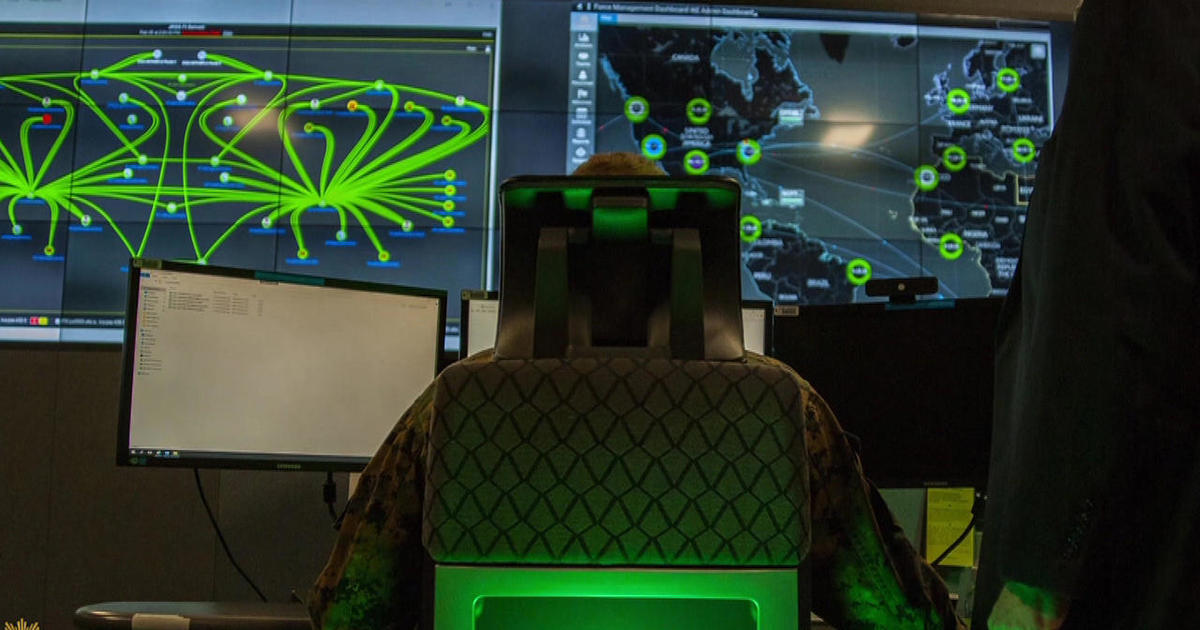Earlier this year, House and Senate Committees and Subcommittees received alarming testimonies regarding artificial intelligence (AI) and China. Alexandr Wang, the CEO of Scale AI, stated that “The Chinese Communist Party deeply understands the potential for AI to disrupt warfare. … AI is China’s Apollo project.” Michèle Flournoy, former Under-Secretary of Defense in the Obama administration, mentioned that China’s approach, known as civil-military fusion, allows the government to demand cooperation from any entity in support of its military interests. On the other hand, the United States values a truly private sector where individuals and companies have the freedom to choose whether to contribute to national security.
To comprehend AI’s future in national security, it is necessary to look back at its early successes in board games. In 1997, Garry Kasparov, a renowned chess master, took on IBM’s Deep Blue. Although he won the first game, he eventually lost. Go, a complex game popular in Asia, presented another challenge. Lee Sedol, considered one of the best Go players, faced off against an AI program in 2016. Despite his belief in human intuition surpassing AI, Sedol lost four out of five games, creating significant headlines. However, these events have already become a minor footnote in the evolution of AI.
Poker, specifically heads up, no limit, Texas hold ’em, emerged as the next test for AI. Tuomas Sandholm, a professor of computer science at Carnegie Mellon, found poker intriguing due to its nature of decision making based on imperfect information. In 2017, Sandholm’s team challenged four professional poker players, including Jason Les, to prove that humans still had an edge over AI. Les admitted that the AI program played differently from a human and had a more complex strategy. Despite representing humanity, Les was defeated by the advanced AI, which made him realize the level of technological advancement it had reached.
Sandholm clarified that their techniques for AI in poker were aimed at solving imperfect information games more broadly. This led to the realization that poker could be seen as a civilized form of warfare, where strategies are waged with chips and cards instead of guns and tanks. Sandholm’s AI company, Strategy Robot, now works as a Pentagon contractor, providing insights for decision-making in scenarios with imperfect information.
While AI in warfighting is already established, U.S. policy still requires human oversight. Dr. Craig Martell is heading the newly established chief digital and AI office at the Pentagon to ensure responsible acquisition and deployment of AI. The focus is on building confidence in AI decisions that can potentially save lives. Martell emphasized the importance of training and the commander’s judgment in determining whether to follow the AI’s recommendation.
However, the concern remains about falling behind China in military AI technology. Sandholm acknowledged that China has caught up with the U.S. in AI overall and has a better adoption rate of AI in the military. Michèle Flournoy emphasized the urgency of not underestimating the situation and implementing development with a strong ethical framework. This includes ensuring safety, security, responsibility, explainability, and trustworthiness in deployed military AI. Although the U.S. prioritizes ethical guidelines, the question arises as to how to respond when competing nations do not follow the same rules.
In conclusion, the path forward involves a careful balance between AI development, ethical considerations, and maintaining democratic values. The United States cannot afford to ignore the urgency of AI advancements in military capabilities while upholding its norms and values.
Denial of responsibility! Vigour Times is an automatic aggregator of Global media. In each content, the hyperlink to the primary source is specified. All trademarks belong to their rightful owners, and all materials to their authors. For any complaint, please reach us at – [email protected]. We will take necessary action within 24 hours.


